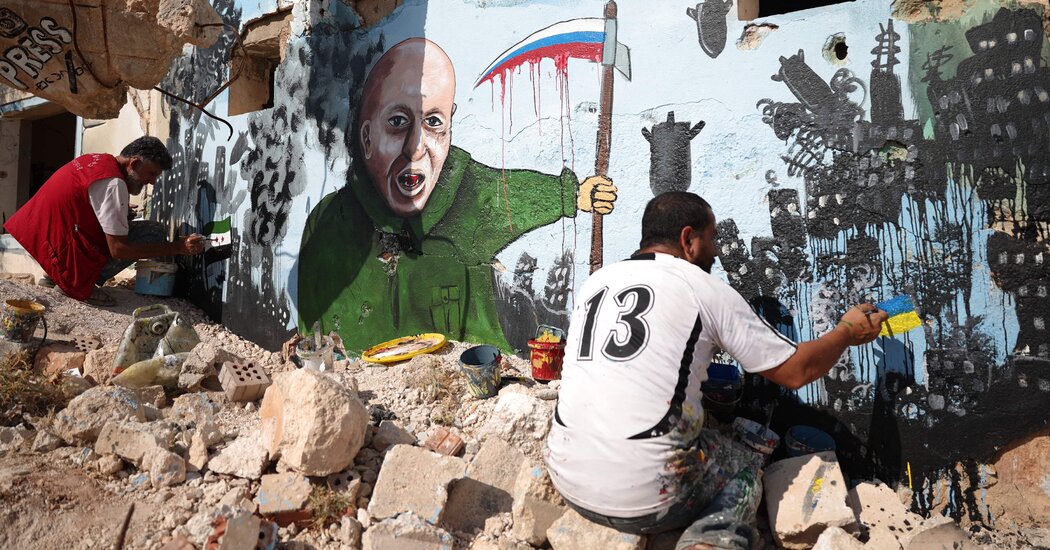DEATH IS OUR BUSINESS:Russian Mercenaries and the New Era of Private Warfare, by John Lechner
PUTIN’S SLEDGEHAMMER: The Wagner Group and Russia’s Collapse Into Mercenary Chaos, by Candace Rondeaux
When Russian troops attacked Ukraine in February 2022, top figures in the Kremlin thought that the country would quickly collapse. They had not prepared for a long war and the inevitable toll in treasure and blood that breaks families and endangers governments. But when Ukraine’s defenders put up a formidable resistance, it became clear that Russia was going to need help.
In the years leading up to the full-scale invasion, the Russian president Vladimir Putin had come to rely on private militaries, especially Yevgeny Prigozhin’s Wagner Group. Battalions of mercenary soldiers could be used as a scalpel to fulfill foreign policy goals in places like Sudan and Syria, where Russia had an interest in resources like gold or could count on political support from autocratic leaders. Prigozhin, who had spent time in a Soviet prison cell in the 1980s before becoming a restaurateur and one of the Kremlin’s preferred caterers in the 2000s, sourced many of his soldiers from Russia’s jails. Those who went to the front had in some sense already been taken away. When the body bags came back, Putin and his generals figured, they would not get flak.
For a long time, Wagner attracted little notice, but, as the journalist John Lechner writes in “Death Is Our Business,” an excellent new book on Russia’s private militaries, Ukraine would thrust Prigozhin and his army into the spotlight. Less than a month after the invasion, the ex-con got to work, eventually deploying some 50,000 men with call signs like “Zombie” to win battles against Ukrainian forces. “Almost immediately,” Lechner observes, “he and Wagner Group were everywhere.”
The use of mercenaries helped to hide the brutality of war from many Russians, and seemed like a good deal for Wagner’s armed contractors too. Prigozhin promised convict-soldiers freedom and a decent salary in return for six months at the front. In reality, a Ukrainian soldier tells Lechner, they were used as a swarm of human “meat” against Ukrainian defenses.

Wagner boasted the sledgehammer as its symbol, a rune that denoted Russian power. But the group also used it as a tool of execution against deserters, inadvertently showcasing the brittleness of a regime that had to use fear to motivate even its mercenary soldiers to stay in the fight.
